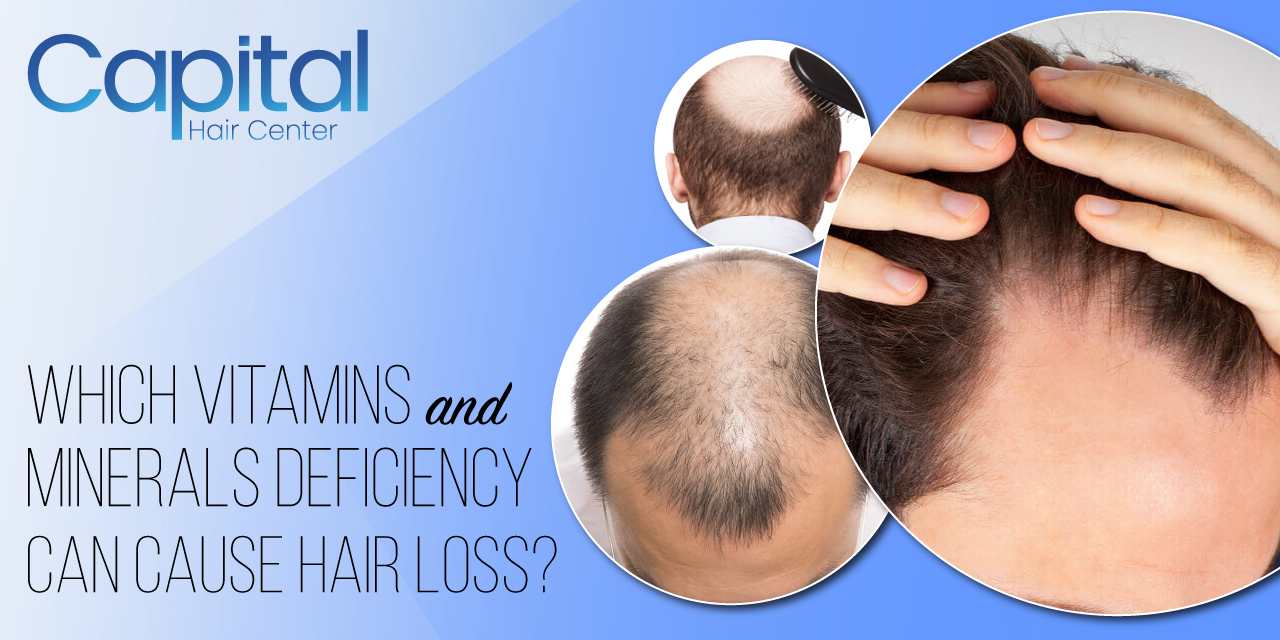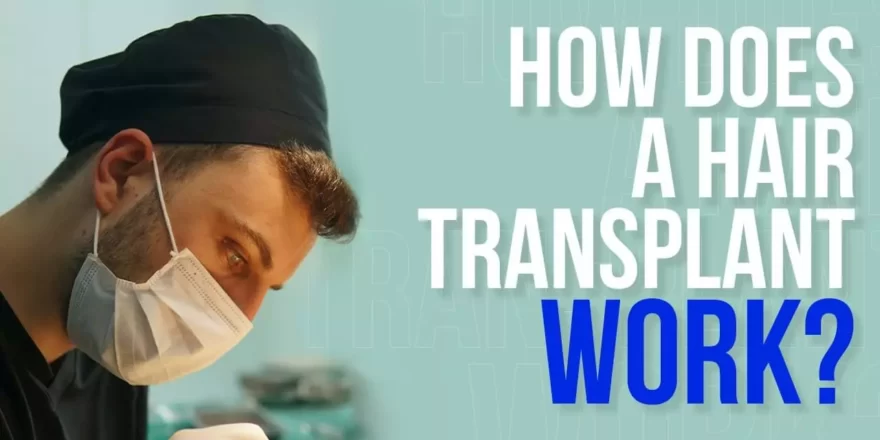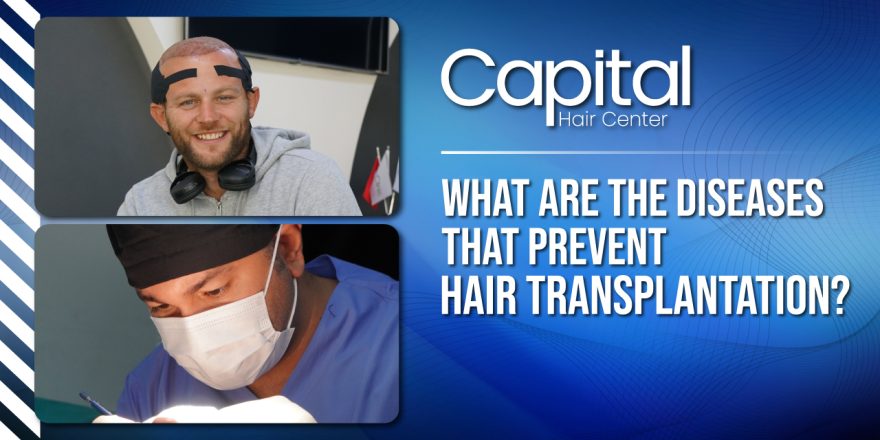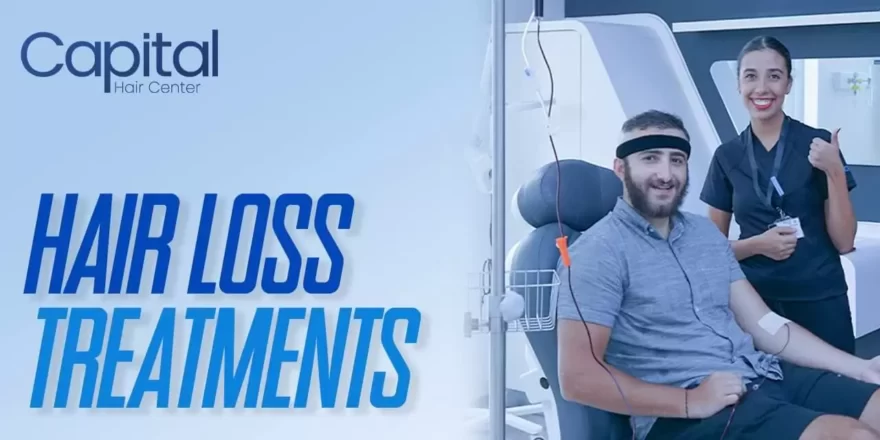Aside from genetics and certain diseases, vitamin and mineral deficiency is one of the leading causes of hair loss. Namely, how we eat is very important for hair health. Our food choices and, accordingly, the vitamins and minerals we take in or do not take can trigger and accelerate hair loss. Foods containing high amounts of meat and fat cause hair loss by triggering the production of androgenic hormones. The same effect is seen in sugary foods that cause rapid insulin release. Too little consumption of these foods can also trigger hair loss. That’s why a deficiency of vitamins D, A, zinc, iron, and selenium can cause hair loss. With a balanced diet, you can easily overcome all these situations. Now it’s time to answer the questions of why the lack of these vitamins and minerals causes hair loss and what benefits they have for hair grafts.
Vitamin D
Vitamin D is as important for healthy hair follicles as it is important for bone development. So, what’s the link between vitamin D and hair growth?
Vitamin D thickens hair strands and stimulates hair grafts. The most common cause of hair loss is a lack of vitamin D. Vitamin D receptors are found in keratinocytes, which are skin cells that process keratin, a protein found in hair; therefore, Vitamin D is vital for hair growth. When vitamin D levels are low, the hair follicle growth cycle is disrupted. Moreover, Alopecia Areata, an autoimmune condition characterized by bald patches on the head and other parts of the body, has been directly linked to vitamin D. The sun, the biggest star in the solar system, stands out as the most important source of vitamin D. Exposure to sunlight for 1-2 hours a day is extremely important in terms of getting vitamin D. It is also found in eggs, meat, fish, chia seeds, avocado, dairy products, and liver.
Vitamin A
Vitamin A is also a very useful vitamin for hair growth and especially for the scalp. If you can take Vitamin A well enough, your hair cells will grow properly. This also helps to grow hair grafts, the human body’s fastest-growing tissues. Vitamin A also helps to produce sebum, an oily substance produced by skin glands. Sebum moisturizes the scalp and contributes to the health of the hair and scalp. Furthermore, a lack of Vitamin A can result in a variety of problems, including hair loss.
So, in which foods are vitamin A found? Vitamin A is found in spinach, kale, pumpkin, eggs, and dairy products. You can have a healthy scalp by taking enough vitamin A.
Iron
Iron is a vital mineral for blood cell formation and thus oxygen transport in the blood. When there is not enough oxygen in the blood carried to the hair follicles, the hair follicles may become weak and shed over time. Therefore, iron is effective in the growth and development of hair. Hair loss due to iron deficiency is common, especially in women.
Iron is most commonly found in red meat, barley, oats, rice, shellfish, pumpkin seeds, and quinoa. In addition, iron deficiency can be eliminated with multivitamins and medications prescribed by doctors.
Zinc and Selenium
Although zinc deficiency is uncommon, restoring zinc may help those who are deficient reverse hair loss. This mineral is required for cell growth, protein synthesis, and immune system function. It also aids in the repair of hair follicles and the maintenance of the oil glands on the scalp.
Selenium deficiency is uncommon. When this happens, it can disrupt thyroid function, resulting in hypothyroidism and hair loss. It aids in the maintenance of hormone balance, which is necessary for healthy hair. Furthermore, selenium can both modify the structure of the hair and impair the hair cycle, resulting in a condition known as telogen effluvium.
You can prevent your zinc and selenium deficiency by consuming more foods rich in zinc and selenium. If necessary, you can solve this problem with supplements that your doctor will prescribe. So which foods contain the most zinc and selenium? Zinc is most commonly found in turkey, red meat, pistachios, almonds, seafood, and chicken. Selenium is found in oilseeds, fish, eggs, and seafood.
Can taking vitamin overdose cause hair loss?
Just as not taking enough vitamins and minerals causes hair loss and weakening of hair, taking too many doses of vitamins or minerals can have the same effect. Too much vitamin A, E, and selenium can cause hair loss. Hypervitaminosis, or having too much of a certain vitamin in your body, is usually caused by fat-soluble vitamins like vitamin D and vitamin A. If you take a vitamin supplement and your body isn’t deficient in that nutrient, the toxic build-up can occur, causing nausea, stomach cramps, hair loss, fatigue, and mild nerve damage.





